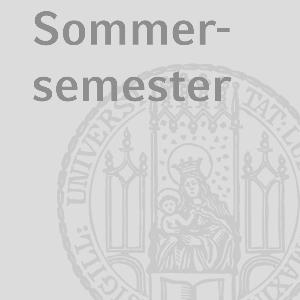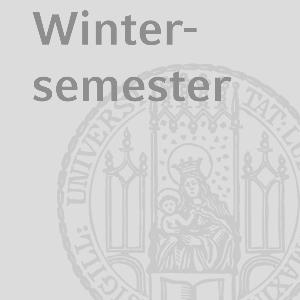Teaching
Research and teaching at the Chair of Human-Environment Relations are closely linked and practice-oriented, providing students not only with a canon of standard geographical knowledge, but also with the latest developments in research.

Research and teaching at the Chair of Human-Environment Relations are closely linked and practice-oriented, providing students not only with a canon of standard geographical knowledge, but also with the latest developments in research.

Research and teaching at the Chair of Human Geography and Human Environment Relations are on an equal footing and closely linked to each other. Almost all of the staff who carry out research at our chair also teach. This ensures that students are not only taught the standards geographical knowledge, but are also confronted with the latest developments in research.
Our teaching focuses on risk, vulnerability, resilience and adaptation in the context of global change, on urban geography, on regional geographies of e.g. Europe and Asia, on resource geographies and on sustainability transitions. We cover theoretical and conceptual frameworks, methods and method triangulation, regional geographies and thematic courses in the fields of climate change risk and adaptation, social development, sustainable use of resources, sustainable regional and urban development, urban and spatial planning and population geography. In terms of methods, we teach social science qualitative and quantitative methods including statistics, specific sustainability assessment methods, specific risk and vulnerability assessment methods, scenario techniques and modeling, including agent-based modeling.
We strive to train students in such a way as to maximize their chances on the job market. This is why we not only teach subject-specific content, but also place particular emphasis on the theoretical and practical teaching of widely applicable research and assessment methods. In addition, we also offer our students the opportunity to learn moderation and presentation techniques, and we engage them in simulations of tenders, decision-making dilemmas and other real-world contexts.
The close connection between teaching and practice is hence important to us. That is why we discuss, examine and visit the real social, economic and decision-making problems. Experts from business, administration and politics as well as international organizations regularly contribute to our courses.

Regional geography
Advanced anthropogeography
Master
